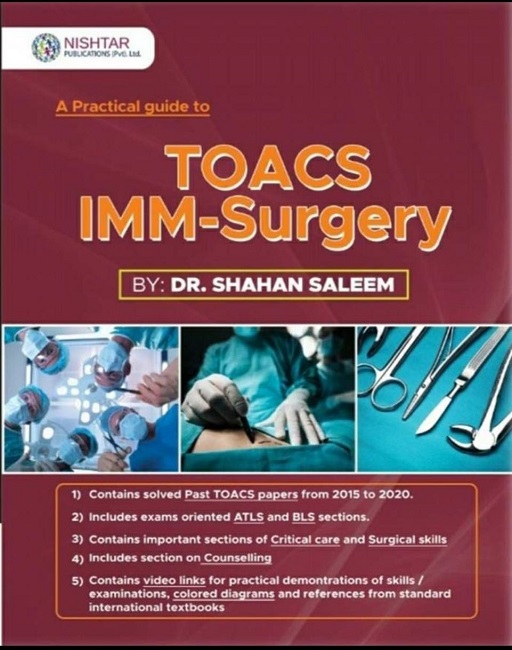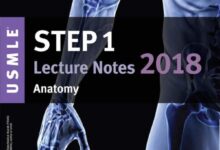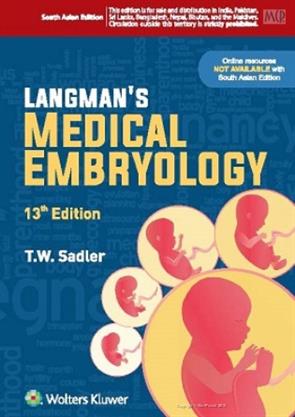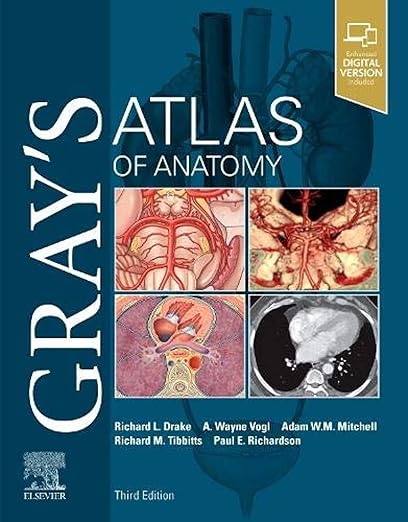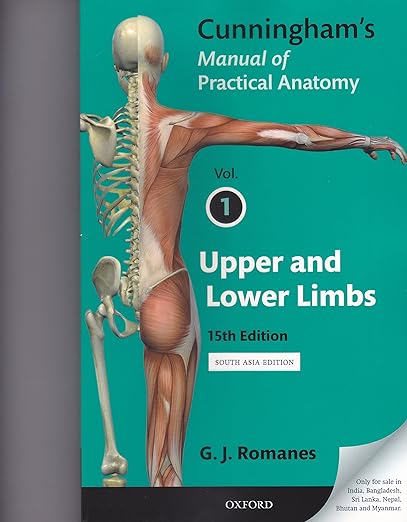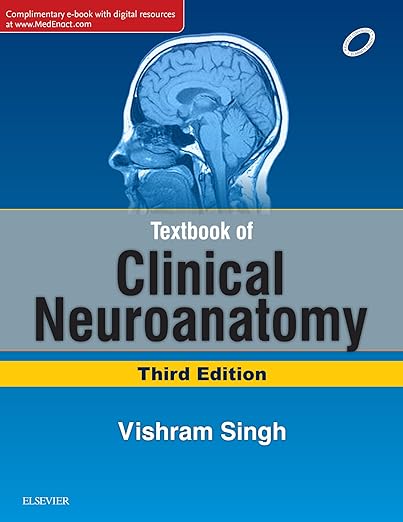Medical Books
-
Davidson’s Principles and Practice of Medicine 24th Edition PDF Download (Direct Link)
Davidson’s Principles and Practice of Medicine 24th Edition PDF Download …
-
Harrison’s Principles of Internal Medicine 21st Edition PDF Download (Direct Link)
Harrison’s Principles of Internal Medicine 21st Edition PDF Download (Direct Link) A…
-
PJ Mehta Practical Medicine PDF Download (Direct Link)
PJ Mehta Practical Medicine PDF Download (Direct Link) Practical Medicine 20th Edition,…
-
Parsons Diseases of the Eye 19th Edition PDF Download (Direct Link)
Parsons Diseases of the Eye 19th Edition PDF Download (Direct Link) Reading…
-
Kanski’s Clinical Ophthalmology 1st Edition PDF Download (Direct Link)
Kanski’s Clinical Ophthalmology 1st Edition PDF Download (Direct Link) Clinical Ophthalmology: A…
-
AK Khurana Comprehensive Ophthalmology 5th Edition PDF Download (Direct Link)
AK Khurana Comprehensive Ophthalmology 5th Edition PDF Download (Direct Link) The fifth…
Health & Fitness
-
PMDC bars General Practitioners from conducting cosmetic procedures
ISLAMABAD: Pakistan Medical and Dental Council (PMDC) has barred healthcare professionals with…
-
How to burn Body fat at Home?
Burning body fat at home effectively requires a two-pronged approach: diet and…
-
5 Healthy Egg recipes for Breakfast
Here are 5 healthy and delicious egg recipes for breakfast: Scrambled Eggs…
-
How to reduce belly fat, Quick fix
While achieving a flat stomach requires consistent effort, here are some immediate…
-
How to get rid of Lower Backache?
Lower back pain is a common complaint, affecting millions of people worldwide.…
-
7 Health Benefits of Chia seeds
Chia seeds, despite their unassuming size, pack a powerful punch when it…
Career Guideline
-
Recommended Topics for PLAB 1 by OHCM and OHCS
Recommended Topics for PLAB 1 by OHCM and OHCS Short note by…
-
Subjectwise Topics to cover for PLAB 1
Subjectwise Topics to cover for PLAB 1 These are the Subjectwise categorized…
-
How to Clear PLAB 1 with 19 Days Preparation?
How to Clear PLAB 1 with 19 Days Preparation? We will share…
-
Guidelines for FCPS Part 1 by Dr. Shahan Saleem
Guidelines for FCPS Part 1 by Dr. Shahan Saleem There are many…
-
Alternative Options for MBBS and BDS
Many students want to be future Doctors/Dentists, but due to lack of…
-
How to Clear IMM in Operative Dentistry – By Dr. Fariah Irfan
Assalamoalikum folks! Hope you all are doing well… I was trying a…
Anatomy Books
-
Kaplan USMLE Step 1 Lecture 2018 – ANATOMY PDF Download (Direct Link)
Kaplan USMLE Step 1 Lecture 2018 – ANATOMY PDF Download (Direct Link)…
-
Anatomy Hand Out Note of Upper Limb PDF Download (Direct Link)
Anatomy Hand Out Note of Upper Limb PDF Download (Direct Link) The…
-
Netter Atlas of Human Anatomy 8th Edition PDF Download (Direct Link)
Netter Atlas of Human Anatomy 8th Edition PDF Download (Direct Link) For…
-
Diseases of the Brain Head and Neck Spine 2024-2027 PDF Free Download
This open access book offers an essential overview of brain, head and…
-
Morgan Clinical Anesthesiology 6th Edition PDF Download (Direct Link)
Morgan Clinical Anesthesiology 6th Edition PDF Download (Direct Link) Essential for written…
-
Langman’s Embryology 13th Edition PDF Download (Direct Link)
Langman’s Embryology 13th Edition PDF Download (Direct Link) Langman’s Medical Embryology, 13/e helps…
Latest Articles
USMLE
-
First Aid for the USMLE Step 3 3rd Edition PDF Download (Direct Link)
First Aid for the USMLE Step 3 3rd Edition PDF Download (Direct…
-
USMLE Step 2 Secrets 4th Edition PDF Download (Direct Link)
USMLE Step 2 Secrets 4th Edition PDF Download (Direct Link) USMLE Step…
-
STEP-UP to USMLE STEP 2 CK 4th Edition PDF Download (Direct Link)
STEP-UP to USMLE STEP 2 CK 4th Edition PDF Download (Direct Link)…
-
First Aid for the USMLE Step 2 CK 10th Edition PDF Download (Direct Link)
First Aid for the USMLE Step 2 CK 10th Edition PDF Download…
-
First Aid for The USMLE Step 2 CS 5th Edition PDF Download (Direct Link)
First Aid for The USMLE Step 2 CS 5th Edition PDF Download…
-
First Aid for the USMLE Step 1 2019 PDF Download (Direct Link)
First Aid for the USMLE Step 1 2019 PDF Download (Direct Link)…
Dentistry
-
Color Atlas of ENT Diagnosis 5th Edition PDF Download (Direct Link)
Color Atlas of ENT Diagnosis 5th Edition PDF Download (Direct Link) Praise…
-
Dhingra ENT 6th Edition PDF Download (Direct Link)
Dhingra ENT 6th Edition PDF Download (Direct Link) If you are looking…
-
Gray’s Atlas of Anatomy 3rd Edition PDF Download (Direct Link)
Gray’s Atlas of Anatomy 3rd Edition PDF Download (Direct Link) Clinically focused,…
-
Fitzgerald’s Clinical Neuroanatomy and Neuroscience 8th Edition PDF Download (Direct Link)
Fitzgerald’s Clinical Neuroanatomy and Neuroscience 8th Edition PDF Download (Direct Link) Ideal…
-
Cunningham’s Manual of Practical Anatomy Volume 1 15th Edition PDF Download (Direct Link)
Cunningham’s Manual of Practical Anatomy Volume 1 15th Edition PDF Download (Direct…
-
Vishram Singh Textbook of Clinical Neuroanatomy 2nd Edition PDF Download (Direct Link)
Vishram Singh Textbook of Clinical Neuroanatomy 2nd Edition PDF Download (Direct Link)…












